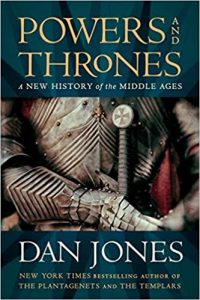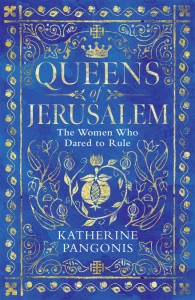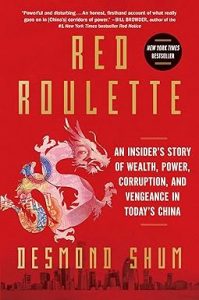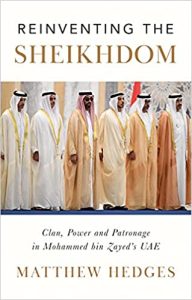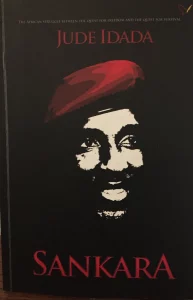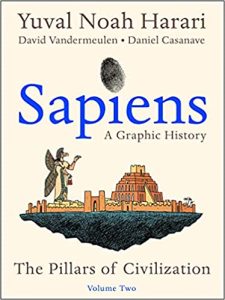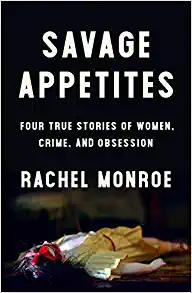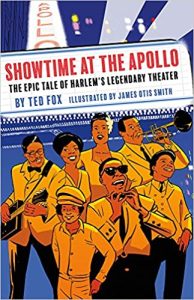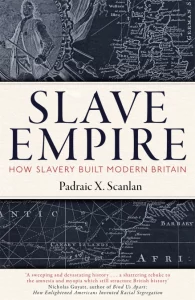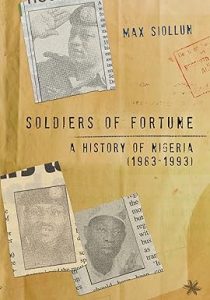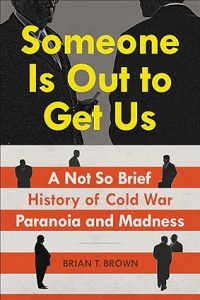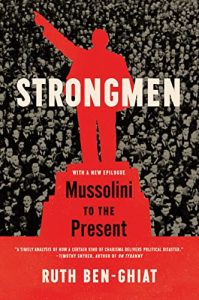Powers and Thrones: A New History of the Middle Ages
₦20,000.00When the once-mighty city of Rome was sacked by barbarians in 410 and lay in ruins, it signaled the end of an era–and the beginning of a thousand years of profound transformation. In a gripping narrative bursting with big names—from St Augustine and Attila the Hun to the Prophet Muhammad and Eleanor of Aquitaine—Dan Jones charges through the history of the Middle Ages. Powers and Thrones takes readers on a journey through an emerging Europe, the great capitals of late Antiquity, as well as the influential cities of the Islamic West, and culminates in the first European voyages to the Americas.
The medieval world was forged by the big forces that still occupy us today: climate change, pandemic disease, mass migration, and technological revolutions. This was the time when the great European nationalities were formed; when the basic Western systems of law and governance were codified; when the Christian Churches matured as both powerful institutions and the regulators of Western public morality; and when art, architecture, philosophical inquiry and scientific invention went through periods of massive, revolutionary change.
The West was rebuilt on the ruins of an empire and emerged from a state of crisis and collapse to dominate the world. Every sphere of human life and activity was transformed in the thousand years covered by Powers and Thrones. As we face a critical turning point in our own millennium, Dan Jones shows that how we got here matters more than ever.

